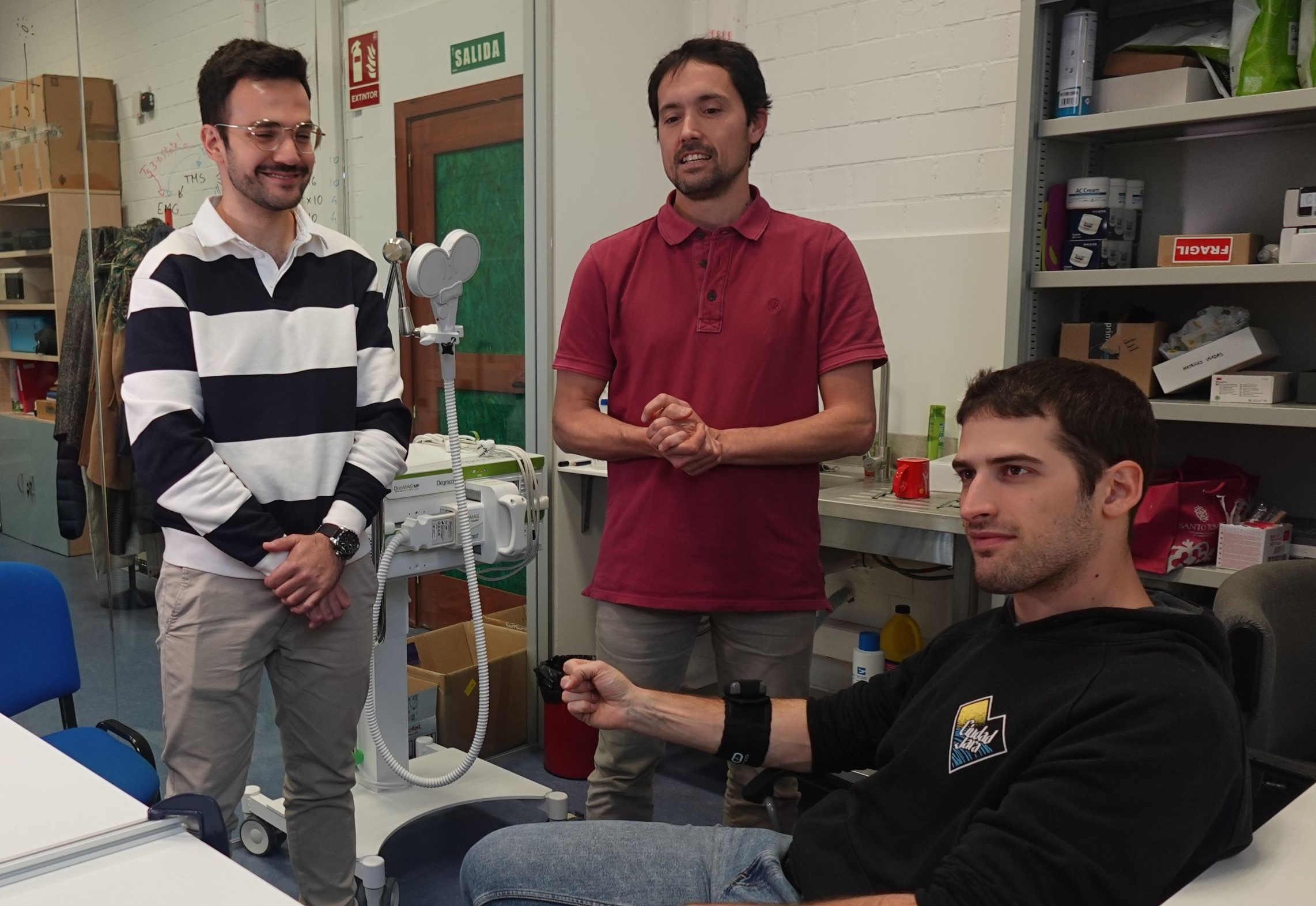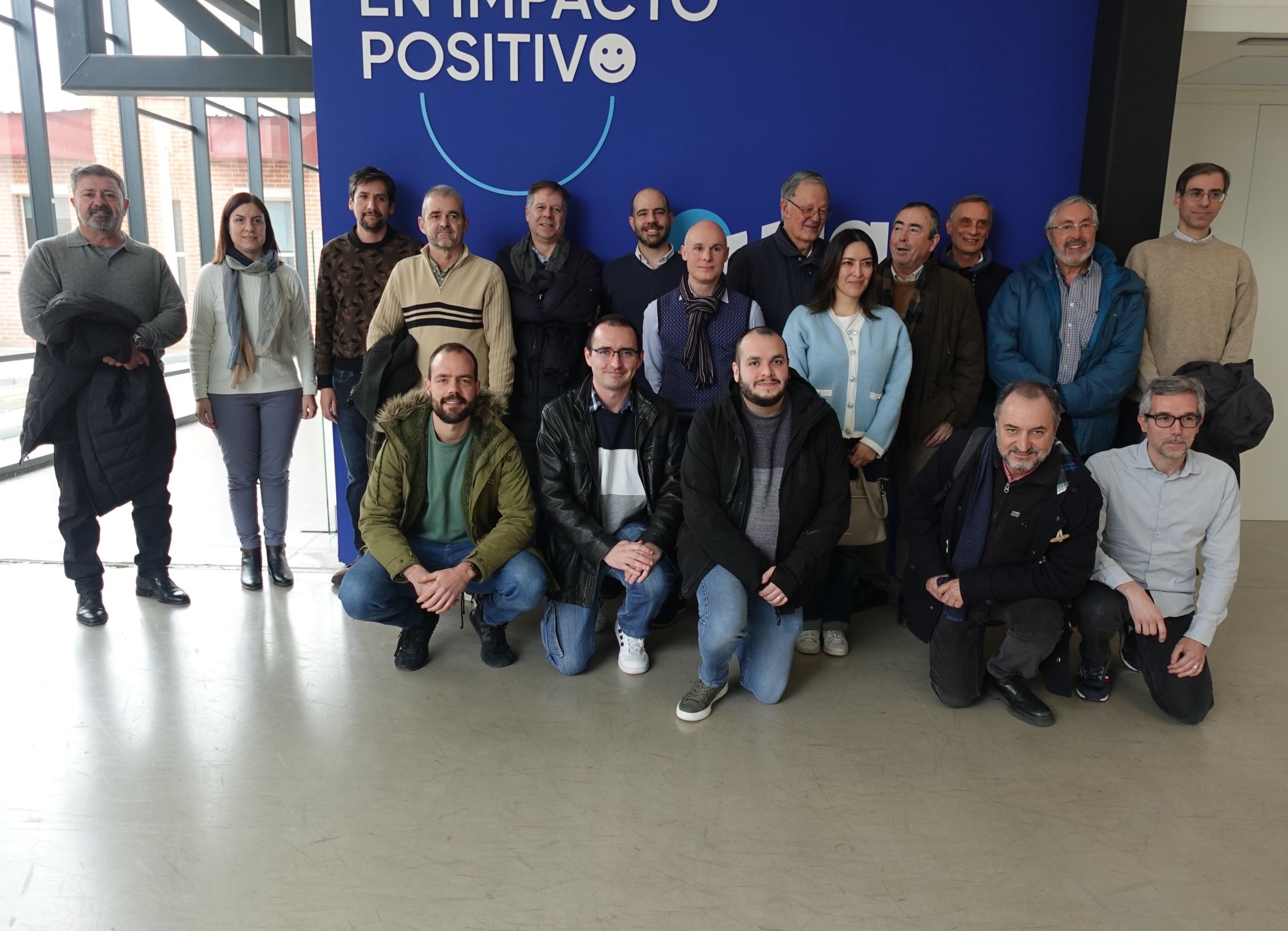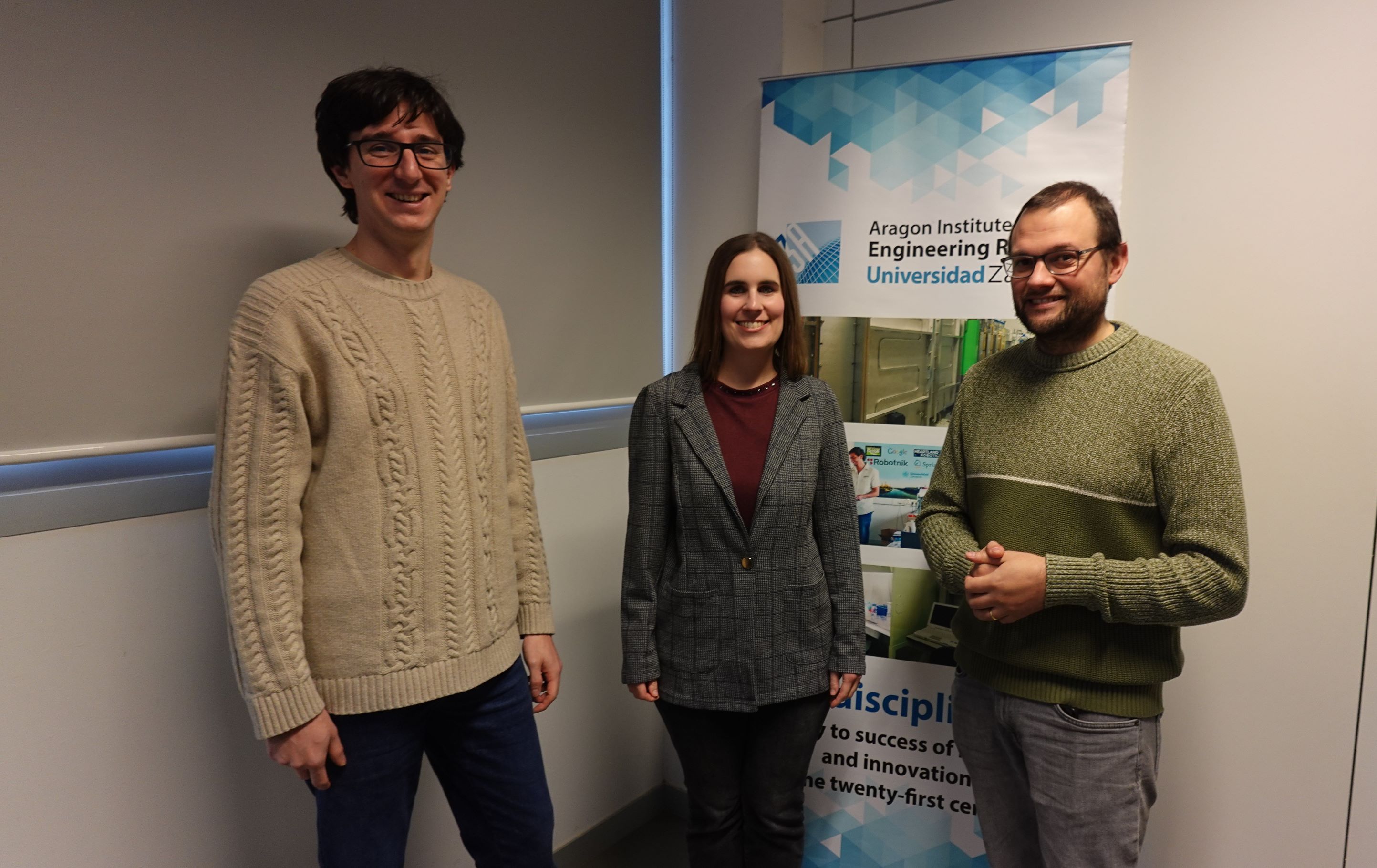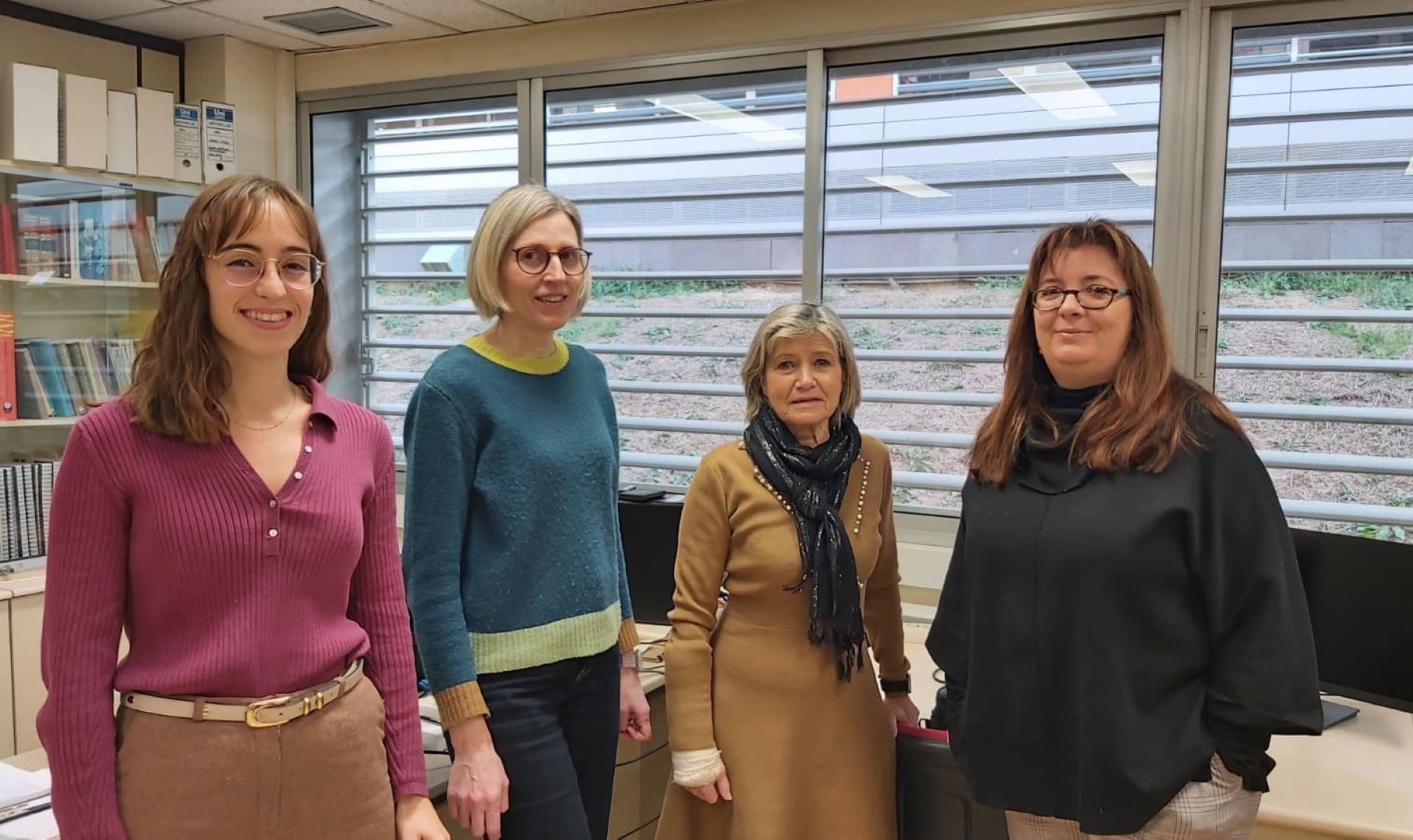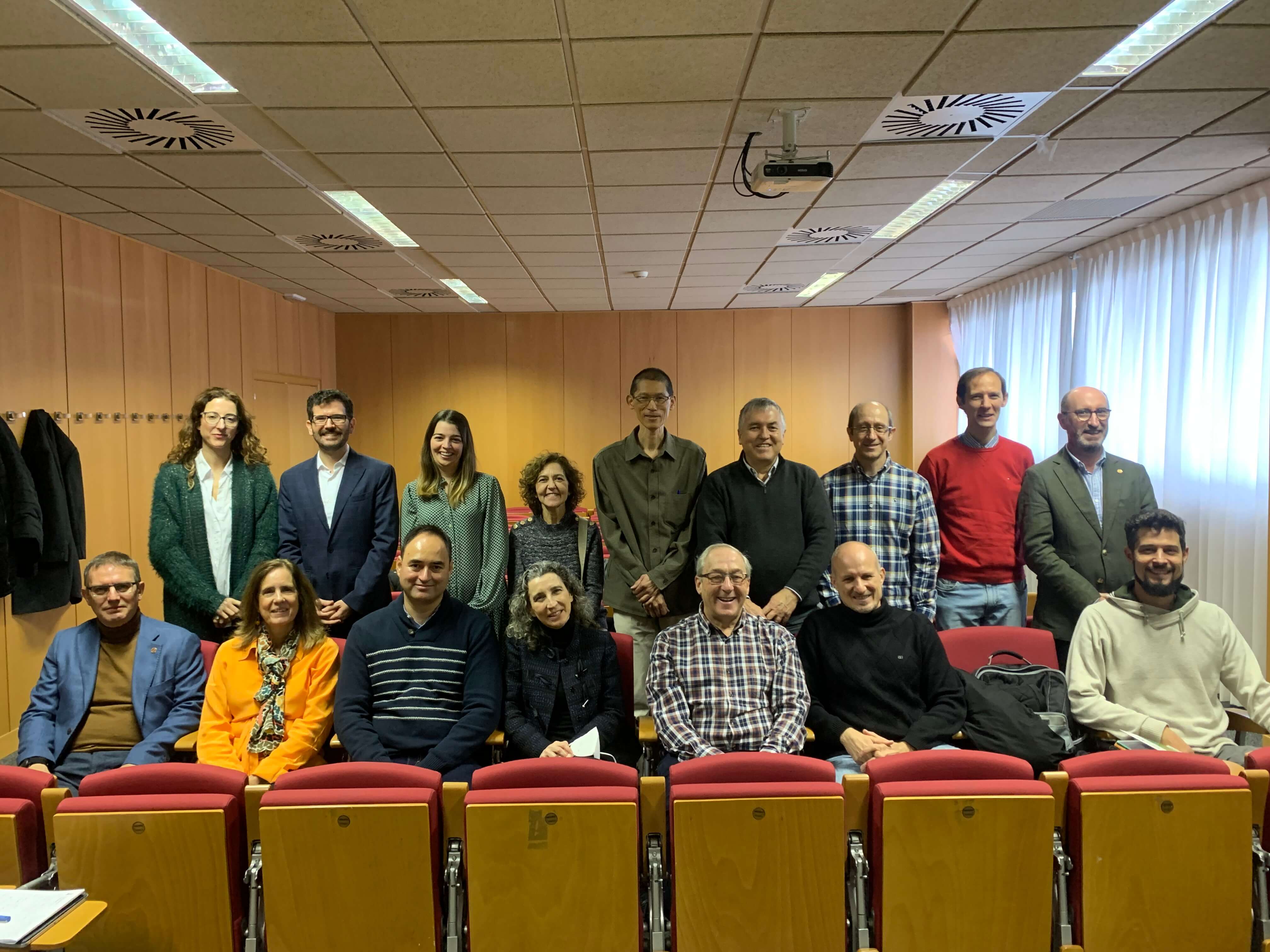
The University Institute of Engineering Research of Aragon (I3A) hosted yesterday the first meeting of the Spanish Network of Sustainable Biorefineries. This thematic network is made up of 14 research groups from different Spanish universities and one from the CSIC-UPV, including the I3A's Thermochemical Processes Group (GPT). Alberto Gonzalo, researcher at the GPT, explained that the aim of the meeting was to seek collaborations in national and international projects within the same network.
Gonzalo highlighted the role of the GPT, which specialises in the transformation of biomaterials and the energetic or chemical use of waste, as a key player. "In addition to hosting the first meeting, we have participated in previous versions of the same network, and we have been one of the most active groups in fostering synergies," he said. The I3A group has already collaborated with several groups such as the University of the Basque Country and the University of Jaén.
Regarding the development of sustainable biorefinery processes, Gonzalo stressed: "It is not a side part of our work, but most of the projects we are involved in have to do with this field.
Research and developments in this field have a significant impact on agro-industrial groups. The researcher explained that they are working to change the paradigm of waste and energy generation, looking for alternatives from agricultural or waste products. The goal is for agricultural processes to have zero waste, thus benefiting society and reducing the consumption of petroleum products.
"Collaborating in decarbonising processes, in eliminating non-renewable energies and replacing them, not only with renewable energies, but also with waste that now has no use, being able to give them a second life to produce products that we need now, we think that this is no small task", Gonzalo claimed.
Although the exact timetables have not yet been fully established, the researcher anticipated that the project will last two years. "We will look for common ground and from there we will decide what the next steps will be, what meetings and how to coordinate the work of the different groups," he said.
Regarding the impact of the Sustainable Biorefineries Network, Gonzalo evaluated its contribution positively. "It has had a very favourable impact, there is much more coordination between groups working on the same thing, much more knowledge, there is a search for joint projects". He highlighted the incorporation of new research groups, proving to be a valuable platform to promote innovative work.
The meeting held at the I3A was a significant step forward in the research and development of sustainable biorefinery processes, with a continued commitment to collaboration and the search for innovative solutions to address current challenges.
